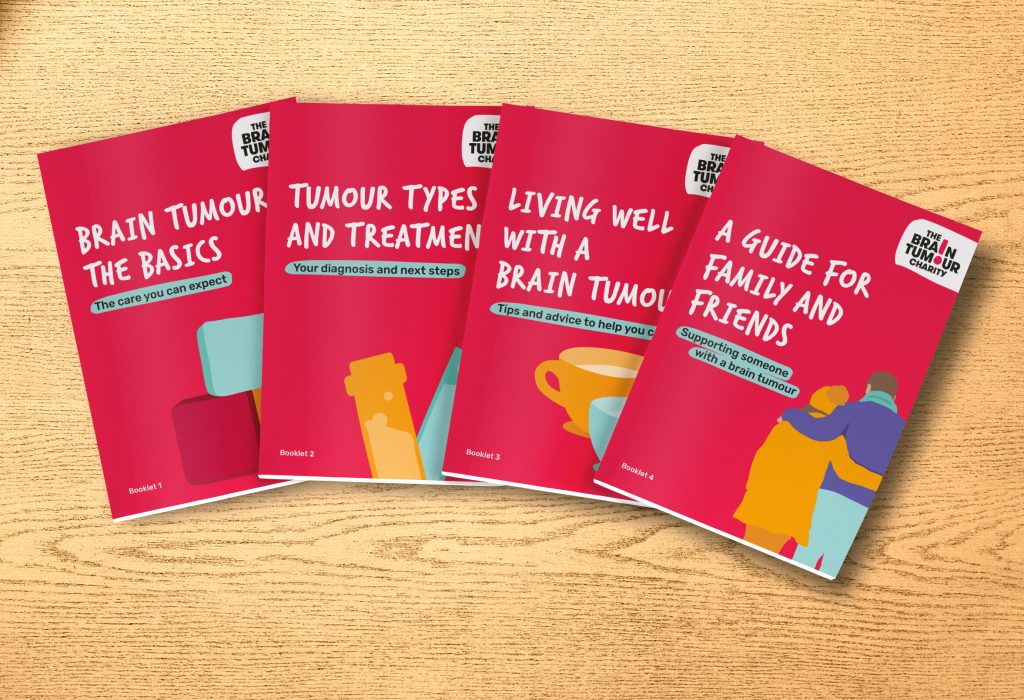Neurological examination for a brain tumour
A neurological examination for a brain tumour involves testing your nervous system for signs of a tumour. The nervous system is the brain, spinal cord, and the nerves in these areas. A specialist will do this neurological examination and it’s usually pain-free.
On this page, we’ll discuss:
What is a neurological examination?
What happens during a neurological examination for a brain tumour?
Hearing tests to diagnose acoustic neuromas
What is a neurological examination?
If your doctor (GP or A&E doctor) suspects you have a brain tumour, they will refer you to a specialist for a neurological examination.
Adults might be referred to a neurologist. These are specialists in brain and nerve disorders. Children will be referred to a paediatrician.
The specialist will:
- Ask questions about your health
- Give you a physical examination
- Test your nervous system (called a neurological examination) – this involves looking at your vision, hearing, alertness, muscle strength, co-ordination and reflexes.
They may also look at the back of your eyes to see if there is any swelling of the optic disc. Any swelling is a sign of raised pressure inside the skull, which could be a sign of a brain tumour.
What happens during a neurological examination for a brain tumour?
As mentioned, a neurological examination looks at the brain, the spinal cord, and the nerves surrounding these areas. Sometimes the specialist will check your brain’s blood circulation as well.
There are a lot of tests that can be done in these areas. And, you might not have all of them. But, some of the common tests in a neurological examination focus on:
Awareness and understanding
These could be tested through a simple conversation where the specialist will talk to you to see if you are aware of who you are, where you are, what time it is, and so on. The specialist will also listen out for clear speech and responses that make sense.
Balance and motor skills
In these tests you could be asked to walk normally from one place to another, push against the specialist’s hands with your arms or legs, or tap your fingers.
Reflexes
In children and adults, reflexes are usually checked with a reflex hammer. The specialist will tap it at various points on your body to create reflexes. Babies’ reflexes are usually checked with other tests, like through blinking, foot-stroking, and crawling.
Sense of feeling
Your sense of feeling is checked through using instruments like dull needles or tuning forks. The specialist will touch these to parts of your body. You will be asked if the sensation feels sharp or dull, or hot or cold.
Nerves
The brain has 12 nerves called cranial nerves. During a neurological examination, these might be tested. These nerves control things like smell, sight, eye movement, taste, and swallowing. So, these could be tested through things like smell and taste tests, chewing tests, hearing tests, and movement tests.
Hearing tests to diagnose acoustic neuromas
Acoustic neuromas can be difficult to diagnose as their symptoms, including hearing loss, can be similar to other conditions. Find out more about acoustic neuromas and how they are diagnosed.
Support and Information Services
Research & Clinical Trials Information
You can also join our active online community.
In this section

Get support
If you need someone to talk to or advice on where to get help, our Support and Information team is available by phone, email or live-chat.
